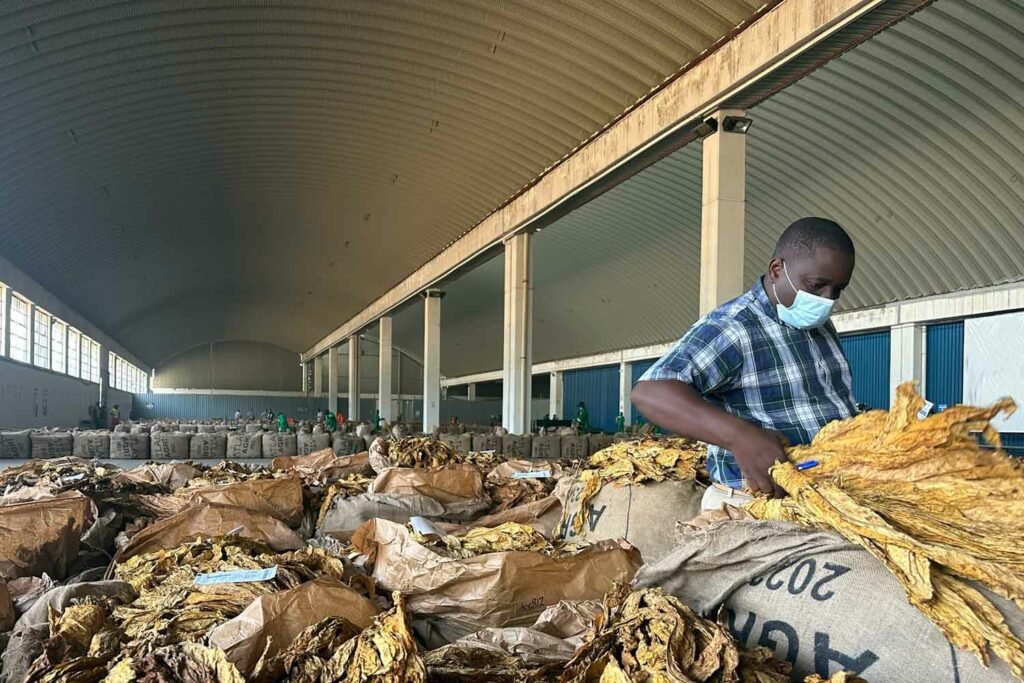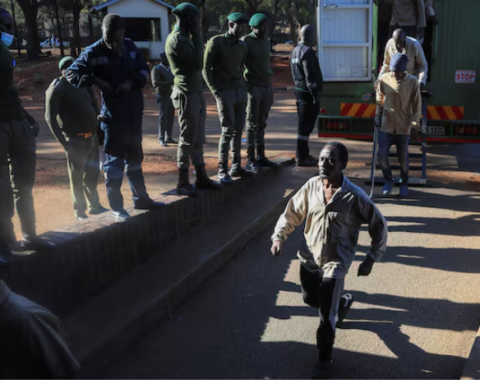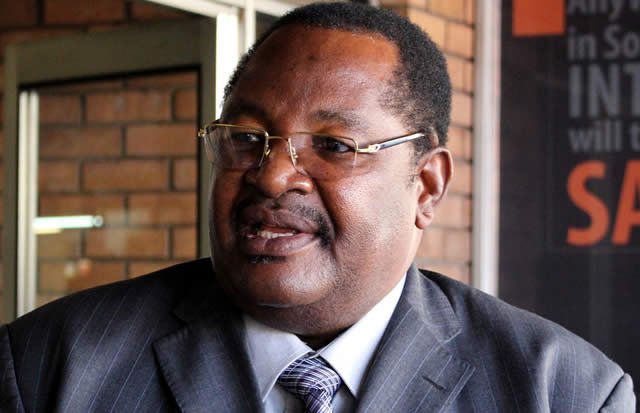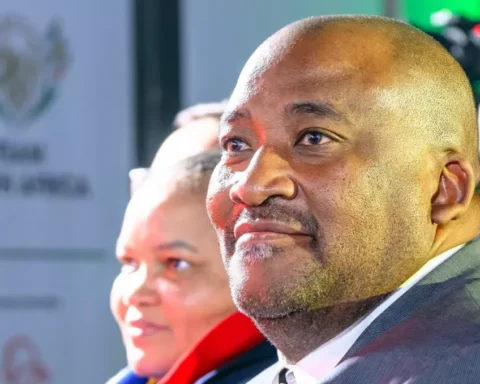In a significant development that has caught the attention of the agricultural sector in Zimbabwe, tobacco growers have expressed serious concerns over the prevailing prices of tobacco leaves at the auction floors. According to a report by NewsDay, the prices have been capped at a concerning $4.99 per kilogram, a stark contrast to the $6 per kilogram rate offered on the contract floors. The discrepancy has led to fears of potential collusion among buyers, adding a layer of complexity to the challenges faced by growers.
George Seremwe, the President of the Zimbabwe Tobacco Growers Association, highlighted the distress among farmers over the price cap in the auction system. “The season is progressing reasonably well, but the $4.99 cap on the auction system is a worrisome sign of collusion,” Seremwe stated. He further emphasized the unfairness of the situation, noting that “We cannot have the auction system offering lower prices than the contract.”
Adding to the growers’ grievances, Seremwe pointed out that the contract price had escalated to $6.90, revealing a significant gap between auction and contract prices. “The same buyers who are buying at the auction are the same buyers who are also buying at the contract. So that’s why we suspect there’s collusion,” he explained.
The sustainability of tobacco growing is under threat due to the suboptimal auction floor prices, according to Seremwe. He advocated for an increase in prices to reflect the global market trends and the high production costs involved in tobacco farming. “The growth of tobacco has to be attractive by the prices. We know the price world over has gone up, so we also expect the prices to go up than what is currently prevailing on the market,” he added.
Echoing Seremwe’s concerns, Shadreck Makombe, president of the Zimbabwe Commercial Farmers’ Union, voiced his disappointment over the current pricing structure. Farmers had harbored hopes for better prices this season in comparison to the last. “The prices are not yet at what we would have expected. We would have expected a few coins up,” Makombe remarked. He remains hopeful, however, that as the marketing season progresses, the prices will improve, especially for higher quality tobacco leaves.
The situation underscores a growing unease among tobacco growers in Zimbabwe, who are calling for a fair and transparent pricing mechanism that aligns with the costs of production and global market rates. With the tobacco growing season still in its early stages, all eyes will be on how the pricing dynamics unfold and whether the concerns of the growers will be addressed adequately.








